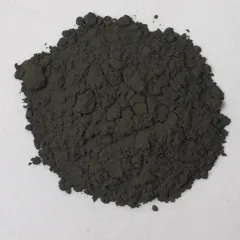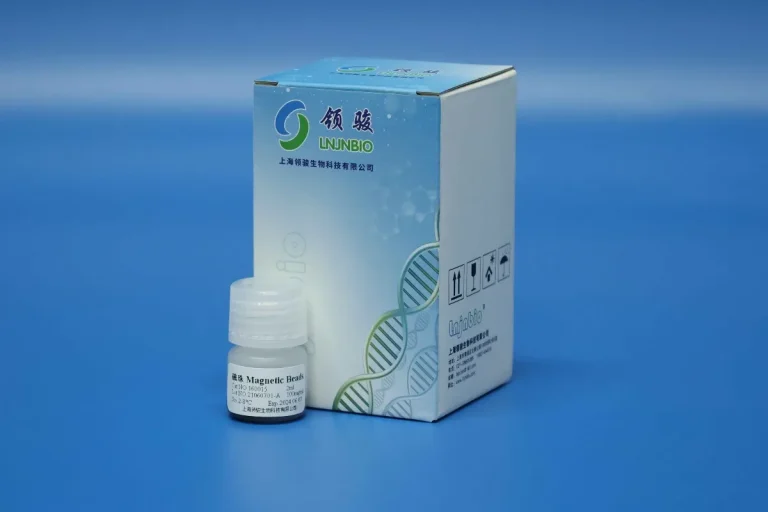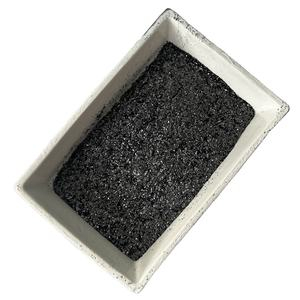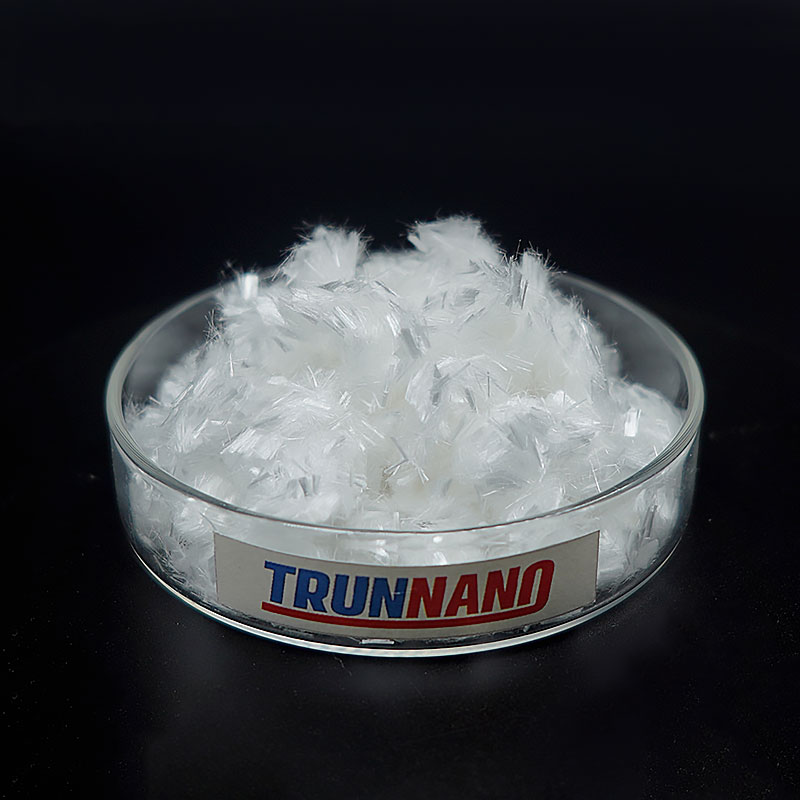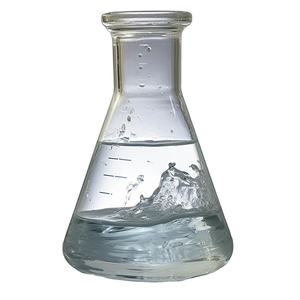Technical Parameters of Powdered Split Second Salt Silicate (CAS 1344-09-8)
(Technical Parameters of Powdered Instant Sodium Silicate (CAS 1344-09-8))
Keep in mind: We can also customize sodium silicate powder with moduli of 2.45, 2.5, and 3.4 according to your requirements.
Our Variety Of Salt Silicate Moduli
We provide powdered split second sodium silicate with moduli varying from 2.0 to 3.3. Furthermore, we can customize sodium silicate powder with moduli of 2.45, 2.5, and 3.4 to fulfill your certain needs.
Intro
In an era where environmental sustainability and defense are increasingly prioritized, sodium silicate, also called water glass or soluble glass, has actually become a topic of significant passion throughout numerous markets. This functional not natural compound is necessary in building, paper production, and the formulation of cleaning agents. The progressive phase-out of typical phosphorus-based cleaning agent ingredients, such as sodium tripolyphosphate (STPP), because of their harmful influence on marine environments, has actually produced a pushing demand for efficient and eco-friendly choices. Salt silicate, with its distinct residential or commercial properties, has actually emerged as a practical and attractive alternative.
Market Possible
2.1 International Need Fads
The worldwide market for focused synthetic cleaning agents is experiencing constant growth, especially with the raising popularity of ultra-concentrated powders. In 2000 alone, it was estimated that at least 230,000 lots of salt silicate were required to fulfill the need. Given the present restricted global supply, there is a significant space in between supply and need, suggesting substantial growth possibility. As customers increasingly look for high-grade and eco-friendly items, the market for sodium silicate is anticipated to increase substantially.
2.2 International Competitive Position
Chinese-produced salt silicate typically offers a much more affordable price and similar, if not remarkable, top quality compared to comparable products manufactured worldwide. For example, the FOB rate of salt silicate in the United States is around $51.15 per 100 pounds, while costs in Europe are also higher. This price benefit settings Chinese producers favorably in the global market. By continually innovating and boosting item high quality, Chinese suppliers have the opportunity to capture a larger share of the worldwide market.
Review of Sodium Silicate
Salt silicate is a substance made up of silicon dioxide (SiO ₂) and salt oxide (Na ₂ O), commonly stood for by the formula Na ₂ O · nSiO ₂, where n varies depending on the certain type. It is known for its great solubility, high pH degree, and exceptional cleaning residential or commercial properties, making it a perfect additive for cleaning agents. Beyond its use in cleaning agents, salt silicate is extensively used in the building and construction sector, such as in waterproofing products and sealers. In the paper market, it boosts the strength and level of smoothness of paper. In addition, it discovers applications in textile dyeing, oil removal, and other markets.
Production Process
1. Preparation of Raw Products: The procedure starts with the option of appropriate raw materials, consisting of silica sand or soluble glass, together with caustic soda.
2. Dissolution Stage: The raw materials are blended and warmed to an appropriate temperature to help with dissolution, guaranteeing detailed blending of all parts.
3. Formation Control: Details conditions are controlled to advertise the formation of wanted crystal frameworks in the service. Temperature level and pressure criteria should be precisely taken care of throughout this phase.
4. Filtering and Filtration: A plate and structure filter press is used to eliminate surplus moisture and impurities, consequently assuring the final product’s purity.
5. Drying out and Forming: Spray drying technology is utilized to reduce the wetness material further, resulting in a powder type that is simple to shop and transportation.
Financial Evaluation
From an economic viewpoint, the production of sodium silicate offers clear advantages. For a plant with a yearly capacity of 5,000 bunches, the cost malfunction is as follows:
1. Variable Expenses: About $346.71 per load, that includes basic materials (silica sand/soluble glass and caustic soft drink), energy consumption (electrical energy and fuel), and labor costs.
2. Fixed Prices: Around $141,400 each year, covering devaluation of set possessions, upkeep, management charges, car loan rate of interest, and various other costs.
3. Complete Costs: The mixed total cost is approximated at $385.71 per bunch.
4. Sales Revenue: With an estimated selling price of 642.86 perton, theprofitmarginpertonwouldbeapproximately642.86 perton, theprofitmarginpertonwouldbeapproximately257.15.
5. Economic Benefits: The task might generate annual profits of around 3.21 million, contributingroughly3.21 million, contributingroughly1.29 million in tax income.
This financial evaluation suggests that sodium silicate not only uses significant technical benefits however is also extremely economically viable. For producing firms, purchasing the manufacturing and promo of sodium silicate can generate substantial financial returns while boosting their company social duty image.
( sodium silicate)
Conclusion
In summary, salt silicate, with its exceptional technological efficiency and low manufacturing prices, holds terrific possible as a replacement for conventional phosphorus-based ingredients. As ecological laws become more stringent and consumer need for high-grade, eco-friendly products grows, accelerating the study, growth, and commercialization of sodium silicate will be vital for changing the global cleaning agent industry. For financiers, entering this field not only supports company social duty however additionally promises appealing economic returns and social advantages. With ongoing technical innovations and an expanding market, the prospective uses of salt silicate are substantial and merit additional exploration and advancement by sector stakeholders and research study institutions.
Premium Sodium Silicate distributor
TRUNNANO is a supplier of Sodium Silicate Materials with over 12 years of experience in nano-building energy conservation and nanotechnology development. It accepts payment via Credit Card, T/T, West Union and Paypal. Trunnano will ship the goods to customers overseas through FedEx, DHL, by air, or by sea. If you want to know more about sodium silicate in soap making, please feel free to contact us and send an inquiry(sales5@nanotrun.com).
All articles and pictures are from the Internet. If there are any copyright issues, please contact us in time to delete.
Inquiry us







